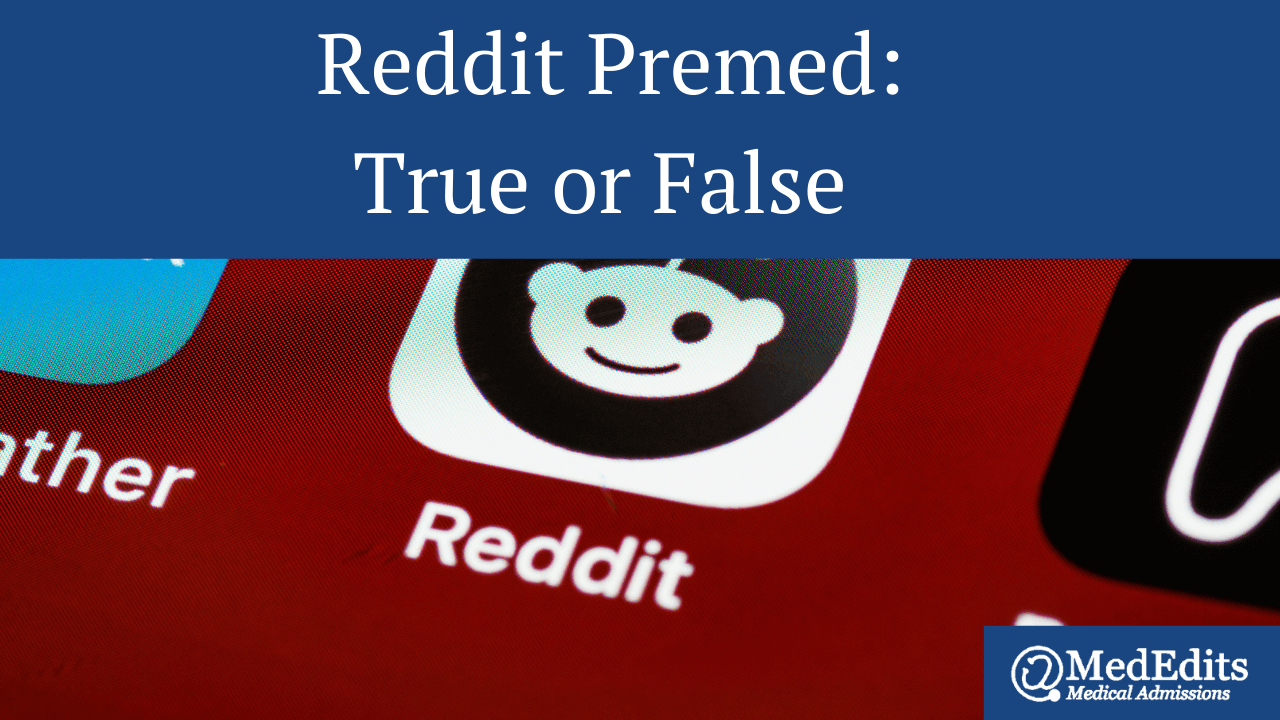2 min read
Premed Professional Competencies: What medical school admissions committees are really seeking


Premed Professional Competencies: What medical school admissions committees are really seeking
Medical school admissions committees and educators have come up with a list of professional competencies they know applicants must possess to succeed in medical school and beyond. Understanding what medical schools expect in applicants isn’t just about meeting requirements—it’s about discovering if medicine truly aligns with your strengths and values.
We find, having worked with thousands of applicants, that students who are genuinely curious and interested in medicine, naturally demonstrate all of these competencies. As they write about and reflect on their experiences, compose a personal statement, and respond to medical school interview questions, this becomes clear. For example, a student might discover their ability to empathize with patients while volunteering at a free clinic, or recognize their adaptability through a research project where they faced unexpected challenges. Before we dive into what the premed competencies are, I want to first emphasize that we discourage applicants from taking a “check box” approach to the premed competencies; in other words, don’t pursue experiences for the express purpose of trying to demonstrate a competency. Also, keep in mind that you will likely have more evidence for some competencies than others and that is perfectly okay! Medical school admissions committees want to compose diverse classes full of individuals with distinctive strengths, interests, and backgrounds.Here is a list of the premed professional competencies, as outlined by the Association of American Medical Colleges, with a brief description of each.
- Commitment to Learning and GrowthMedical schools want students who are eager to learn and maintain a growth mindset. A career in medicine necessitates lifelong learning and inquiry so demonstrating this orientation as a premed is crucial.
- Cultural Awareness and Cultural HumilityYou will often hear me talk about cultural competence and I lump cultural awareness and humility into this definition. It is important to demonstrate that you can understand another perspective based on an individual’s background, education, culture, and beliefs and can offer care sensitively and within that context.
- Empathy and CompassionDemonstrating that you can empathize with others and are compassionate is an essential quality for anyone interested in practicing medicine. You must evidence a desire to alleviate suffering while being considerate of each person’s needs and situation.
- Ethical Responsibility to Self and OthersHolding yourself to the highest ethical and professional standards is crucial as you will be working in situations where you will need to maintain confidentiality in professional situations.
- Interpersonal SkillsNot only will you be caring for diverse patient populations, but you will also be working with diverse team members. Showing that you are considerate of others, and can sense behavioral and social cues, is essential to practice.
- Oral CommunicationThe ability to communicate, both in terms of speaking and listening while remaining considerate of others, is crucial as a physician.
- Reliability and DependabilityAs a physician, others will rely and depend on you. This includes your patients, colleagues and staff. You must show that you can manage responsibility and understand the importance of fulfilling all of your obligations.
- Resilience and AdaptabilityMedical education, training, and practice is difficult and requires someone who can manage stressful and challenging settings, adapting to each setting for their own well being and the well being of others.
- Service OrientationAs a physician, you will often be caring for those with life stressors and circumstance they can’t control. Showing that you can advocate for others, and that you can be a contributing member to communities in need, is vital.
- Teamwork and CollaborationAs a medical student, resident, and physician, you will always be working with others. Being a team member who understands their role, can understand how to take constructive feedback, and actively seeks out ways to collaborate and contribute, is essential for anyone working in medicine.
/about_mega.jpg)
Jessica Freedman, M.D.
Jessica Freedman, M.D., is a board-certified emergency physician, former faculty member, medical school admissions committee member, and Associate Residency Director at the Icahn School of Medicine at Mount Sinai. She is the founder and chair of MedEdits Medical Admissions. Since 2007, she has helped thousands of students navigate the medical school admissions and residency match processes, with more than 95% of comprehensive clients gaining acceptance. She is the author of four books on medical admissions and host of The Oath podcast.

3 Pre-Submission Tips to Boost Your Med School Application
3 Pre-Submission Tips to Boost Your Med School Application Many applicants think that when they submit their medical school application, their work...

Reddit Premed: True or False? (2022)
Medical School Admissions Reddit Premed: True or False? (2022) 0 7245 Facebook Twitter Pinterest WhatsApp Reddit Premed
/about_mega.jpg?width=500&height=500&name=about_mega.jpg)
